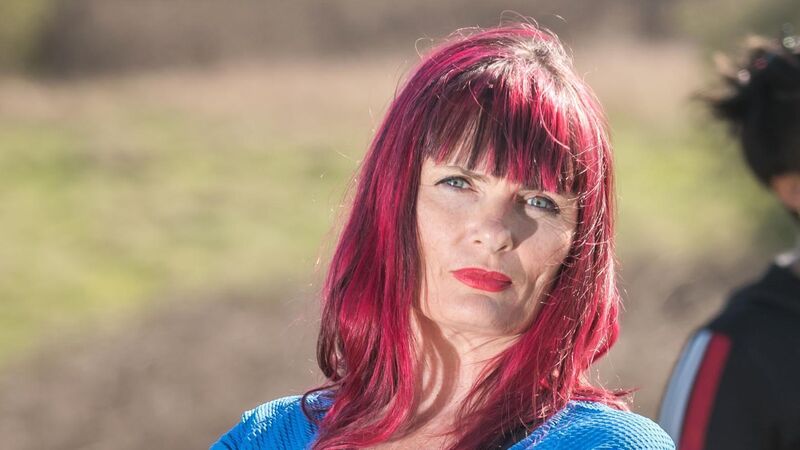Suzanne Harrington: Privilege no longer offers automatic protection

Privilege has been having a tough time lately. It’s not quite what it used to be.
Chinks have been appearing in traditionally impenetrable walls of wealth, power, status.
Try from €1.50 / week
SUBSCRIBEPrivilege has been having a tough time lately. It’s not quite what it used to be.
Chinks have been appearing in traditionally impenetrable walls of wealth, power, status.
Already a subscriber? Sign in
You have reached your article limit.
Annual €130 €80
Best value
Monthly €12€6 / month
Introductory offers for new customers. Annual billed once for first year. Renews at €130. Monthly initial discount (first 3 months) billed monthly, then €12 a month. Ts&Cs apply.
Newsletter
The best food, health, entertainment and lifestyle content from the Irish Examiner, direct to your inbox.

Our team of experts are on hand to offer advice and answer your questions here
Newsletter
The best food, health, entertainment and lifestyle content from the Irish Examiner, direct to your inbox.
© Examiner Echo Group Limited